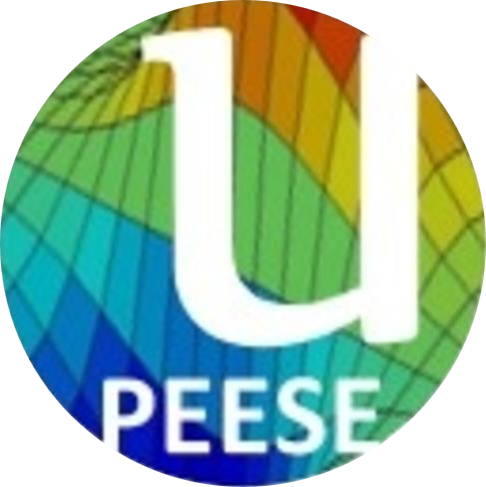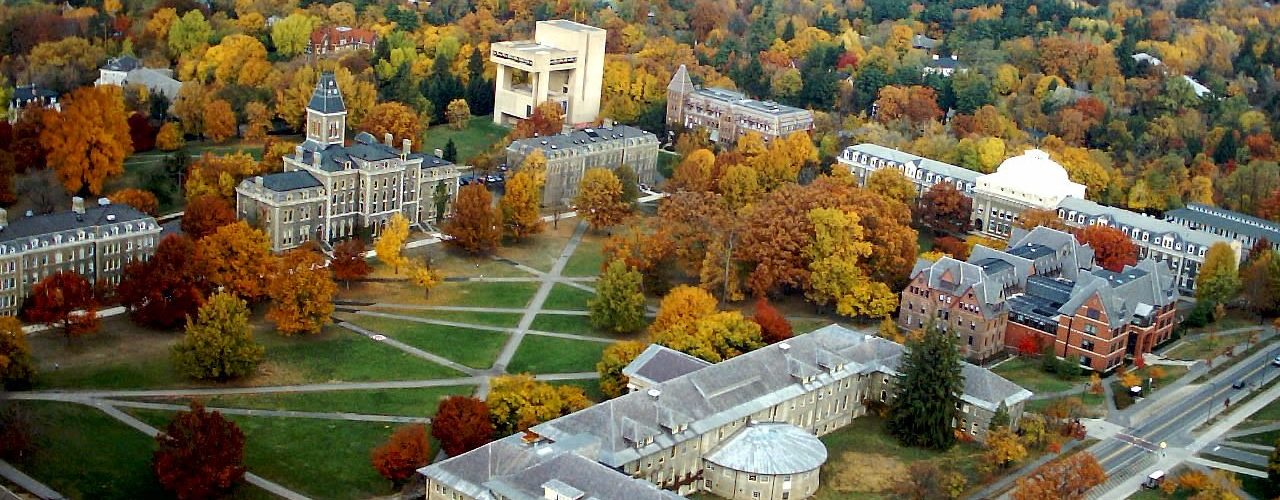ChemE 6820: AI for Materials (Spring 2025)
This course focuses on the application of artificial intelligence (AI) in materials science. Students will explore how AI and machine learning techniques can accelerate the design, discovery, and optimization of materials for energy storage, conversion, and sustainability. Key topics include using AI to predict material properties, enhance materials synthesis, and model complex material behaviors. The course emphasizes practical applications of deep learning models in materials science, featuring hands-on projects and case studies from recent research. Students will also discuss the challenges and opportunities of applying AI to advance innovations in materials science.
SysEn 5888/6888: Deep Learning (Summer 2019, 2020, 2021; Fall 2023; Spring 2025)
This course provides a comprehensive overview of deep learning, covering basic concepts, models, algorithms, and applications. Topics include artificial neural networks, training techniques, convolutional neural networks, recurrent neural networks, generative deep learning, deep reinforcement learning, and deep learning hardware and software. Recent advances in deep learning, such as graph neural networks, attention, Transformer, ViT, BERT, and GPT, will also be discussed. The course explores deep learning-based applications in optimization, sensing, control, and automation, and in AI for Science, including molecular design, material discovery, and pharmaceutical development.
This course is part of the Computational and Data Science Certificate program.
ChemE 6810: AI for Sustainability (Spring & Fall 2025)
This is a studio-style course that emphasizes collaborative learning and innovation in sustainability. Students will explore foundational and cutting-edge literature, research, and potential future directions in AI for Sustainability. The course will cover a range of topics related to the use of AI and machine learning in sustainability science and engineering, including energy systems decarbonization, sustainable agriculture, climate modeling, resource optimization, and biodiversity conservation. Students will gain hands-on experience with AI/ML methodologies, tools, and software and engage in discussions on the latest advancements and applications of AI in addressing global sustainability challenges.
SysEn 5800/6800: Computational Optimization (Fall 2017, 2018, 2019, 2020, 2021, 2022, 2024)
This course covers systems optimization theory, algorithms and applications. Topics include the fundamentals of linear programming, integer programming, nonlinear programming, mixed-integer nonlinear programming, deterministic global optimization, stochastic programming, robust optimization, data-driven optimization, and optimization methods for big data analytics. The focus is on real-world application problems in manufacturing, aerospace, control, management, infrastructure, energy systems, sustainability, and data science. We are also developing a Cornell University Computational Optimization Open Textbook.
This course is part of the Computational and Data Science Certificate program.
SysEn 6880: Industrial Big Data Analytics & Machine Learning (2018, 2019, 2020, 2021, 2022, 2023)
This course covers the basic concepts, models and algorithms of Bayesian learning, classification, regression, dimension reduction, clustering, density estimation, artificial neural networks, deep learning, and reinforcement learning. Application and methodology topics include process monitoring, fault diagnosis, preventive maintenance, root cause analysis, soft sensing, quality control, machine learning for process optimization, data-driven decision making under uncertainty, missing data imputation, data de-noising, and anomaly/outlier detection.
This course is part of the Computational and Data Science Certificate program.
ChemE 6860/SysEn 5860: Quantum Computing and Artificial Intelligence (Spring 2021)
This course introduces the current status of quantum computing and its applications for artificial intelligence. Topics include Qubit states, superposition, entanglement, interference, hardware platforms, quantum circuits, quantum speedup, Ising model, quantum algorithms, adiabatic quantum computing and quantum annealing, noisy intermediate scale quantum (NISQ) computing, quantum optimization, quantum machine learning, and quantum neural network. Applications of quantum computing to chemistry, materials, finance, transportation, and energy will be discussed.
ORIE 3310/5310: Optimization II (Summer 2018, 2019, 2020)
Discussions with first-year students on engineering curriculum and student programs, what engineers do, the character of engineering careers, active research areas in the college and in engineering in general, and study and examination skills useful for engineering students.
EngrG 1050: Engineering Seminar (2016, 2020)
Discussions with first-year students on engineering curriculum and student programs, what engineers do, the character of engineering careers, active research areas in the college and in engineering in general, and study and examination skills useful for engineering students.
ChemE 4620: Chemical Process Design (2017, 2018)
Students prepare a full-scale feasibility study of a chemical process including product supply and demand forecasts, development of mass and energy balances and a process flow sheet sufficient for estimating the capital and operating costs of the process facilities. Students also define all off plot support facilities and estimate the capital and operating costs of those facilities as well. This information is used to develop an economic analysis of the facilities and to provide an ultimate recommendation as to the viability of the project.
ChBE 352: Chemical Engineering Design (2012, 2013, 2014, 2015, 2016)
Design of chemical and process plants applying the principles of unit operations, thermodynamics, reaction kinetics, separation and economic analysis. Team projects aim to develop ability to communicate effectively (written and oral). Basic concepts on process safety and process intensification are introduced. Recent design problems focus on the manufacturing of chemicals and fuels from renewables. Together with the students and the TAs, we are developing the Northwestern University Chemical Process Design Open Text Book along with this course.
ChBE 345: Process Optimization (2012, 2013, 2014, 2015)
Introduces modern optimization theory and algorithms, including linear programming, integer programming, nonlinear programming, and mixed-integer nonlinear programming. Presents optimization applications in chemical and biological engineering and develops students’ ability to formulate large-scale optimization models for real-world applications. Special topics on decomposition algorithms and optimization under uncertainty are also offered at the end of the course. Team projects focus on the application of optimization techniques to solve research problems in process engineering.
ChBE 322: Heat Transfer (2016)
This course covers the fundamentals of heat transfer, with particular emphasis on the mechanisms of conduction and convection. In addition to basic principles and analysis, applications to the design of heat transfer equipment in the process industries are discussed.


